Child-slaves in Daesh's hell (Photo)
The personal stories of girls and boys who were freed or fled from Telaafar. Sold and resold, treated as slaves, as sexual objects; trained to slit throats and use weapons; enlisted as child-soldiers. Others remain in Daesh's hands.
Telaafar (AsiaNews) - In Iraq, the Caliphate of Evil has fallen, and the horrific stories of their victims emerge, especially those of children whose innocence has been torn away from them forever, children treated as slaves, as sex objects, as pack animals. Children who talk about this terrible experience today as if it were part of normal life, unaware of the existence of another type of life.
Basma, sold to many masters
This is what happened to Basma, (see photo 1), the little Yazida girl who is nine years old now, sold several times to several masters before being found by her uncle and bought through an intermediary.
Basma, who is today in Dohok (Kurdistan), was at Telaafar, taken away with all the children. She describes the first days after being seized: "Every morning, she says, they carried children away and forced them to learn the Koran, threatening them with death. We had to learn it by heart and we learned."
Her childhood conscience does not understand that through that this teaching converted her by making her perform the shahada [the profession of Islamic faith]. From Telaafar she was first sold to a Daesh fighter, who in turn soon resold her to another fighter who took her to Rakka in Syria where she was resold to a Saudi. After treating her like a slave for 12 days he again resold her to another man who kept her for three months. After three months she resold again who after three days sold her on to another, with whom she stayed for a week before meeting the buyer who bought her and saved her, selling her on to her uncle. Basma was photographed with adult clothing, as was customary for all Christian girls, Yazite and Shabak dragged from the plains of Nineveh; her photo was published on the Daesh site devoted to the slave trade (see photo 2). Basma cannot say the word "rape", she doesn’t know the term, but talks about these "masters", some of whom were her grandfather’s age. Like all of the others she was beaten everyday without any reason. Treated like a slave forced to clean, wash laundry, wash the dishes, heat the bath water and cook for the wife and children of her various masters. Basma says she had to "educate and nurture the masters little children" and could not sleep "before two or three in the morning ... I could not sleep before I had put the baby to sleep and washed the dishes." And she adds: "They beat us" especially "when they told me something and wanted me to remember what it was." Sometimes, however, I could "sleep a few hours before, midnight, but not always." Basma is now saved and free, but still today is afraid to listen to music and covers her ears for fear of being punished. "When there were air raids - she says - they [Daesh fighters] were afraid and asked me to go and pray. I did not pray the Islamic prayer, I pretended, but I prayed to God to send more bombs so they would die and I could escape, "she smiles satisfied. But Basma's greatest fear was when "I was torn away from my mother, who I have not seen since."
Janiva: I curse Daesh
Janiva Saleh Ahmad is a woman, also a slave, freed from Daesh. She says: "They took the girls for them, each one [each fighter] chose the girl he wanted. The most sought-after were girls who were just nine years old, selling them at the price of a notebook, but sometimes even in exchange for a cigarette or gun. " She was beaten with her four children (photo 3). Keeping in mind, she had to serve, "cook, wash clothes, dishes, floor and make bread." She stayed with the same "master" for a year and two months doing whatever he asked, because he threatened to kill her children before her eyes or sell them. "We were forced - she adds - to profess the Islamic faith." Even though she has been freed from Daesh she still lives in terror: "I keep seeing them in my dreams and my children are still traumatized." One of her children’s left arm still bears the sign of a bone broken by his "master’s" beating. "I curse Daesh - she concludes - that they never see a day of happiness, nor their wives, nor their children. I still fear them. "
Israa Barakat Hagi (photo 4 and 5) is Yazita, eight years old and is originally from the Sinjar Mountains, the village of Bent at Banat. Shirin's mother is dead, and Israa finds it difficult to talk. Life spent silently for fear of punishment taught her to fear words. Of all the little girls who survived, Israa is surely the one who spent most years, three for the sake of accuracy, as a slave in the Daesh Caliphate. "At first they gathered all of us children in the hospital, then split us into several homes after each of us was chosen." In three years she changed three masters and lived in three different houses. The first was Arabic, "the one who always beat me". They all told her the same thing: "Forget your family, you will never return to them." In the house "there were 4 doors, with a constant stream of fighters. Then a missile fell and some women were left in the debris ... I saw Mrs. Um Aballah extracted from the rubble with her two eyes out of her face ... and another with part of her skull missing," she recounts with great naturalness "My man and I - she says - pulled another woman alive from under the rubble." She was in Mosul Hospital when the city fell. "They told me they would come after me after the victory, but they did not triumph," she says with a glimmer of joy in her sad eyes.
Hadjem and Shallal, children-soldiers
7 years old Hadlem and Shallal 14 (photo 6) are brothers. They were able to attract the "masters" sympathies because they quickly submitted themselves to the doctrine of Islam and hence enlisted as child soldiers. Both share the story of a hazardous escape, succeeding after so many failed attempts. Their happiness at having found their father is only mired by the fact that their mother and sister are still in the hands of Daesh in Rakka in Syria. From Telaafar Daesh brought them to Sinjar, then to Shaddadiya (in Syrian Mesopotamia) with a Tunisian master who promised the mother who was with them she would have her own house with him, along with her two brothers and sister. They stayed with the Tunisian, a Daesh emir, a whole year. Then he was blew himself up in a suicide bombing and they were considered martyr's sons and began to perceive a salary from the Caliphate. They moved to Mayadeen and finally to Rakka. Hadjam became famous taking on the nickname Abu Hadi when his picture appeared on a site of Daesh Syria with a mitral in his hand and the black flag of Caliphate behind him and long hair (photo 7). The same thing for his brother Shallal, who was given the battle name Abu Omar (photo 8). They memorized the verses of the Quran and in return they were given "freedom," which means they were no longer under control but free to go in and out of the house with permits. They saw killing in cold blood, they watched throats being slit and confessed they were scared whenever they saw killing. "We were scared every day," Shallal said. Every Friday after prayer in the mosque, they killed, cut hands and throats, "Shallal says." Daesh does not frighten me, he adds with a heroic smile, but it scares me to see death. "
The two brothers tell us that all children aged 5 to 18 were trained (photo 9). Eventually, they started to train the girls as well. Training started with lessons on how to kill with weapons or knives and how to slit throats, with live demonstrations on convicts.
His father (photo No. 10) after so many searches discovered that they were at Rakka and managed to get them to escape with a passer-by. He did not have the money needed to also save his wife and daughter in Rakka. Shalla and Hadjem are safe but they still cannot get rid of the passion for weapons they continue to handle but this time they are toy weapons in playgrounds (photo n.11). And every day Hadjam asks his Father to bring his mother back from Rakka.
07/02/2019 17:28
10/04/2019 18:22
22/09/2022 18:52





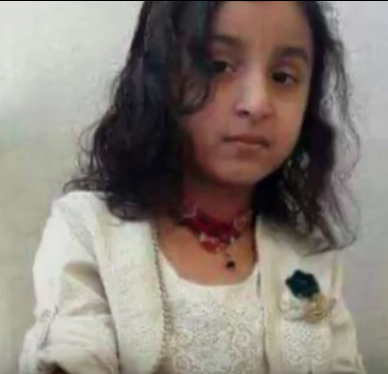

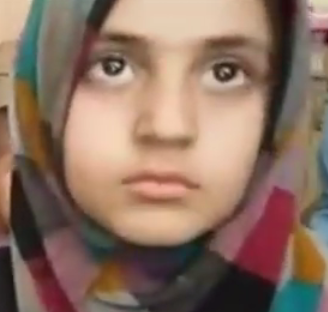
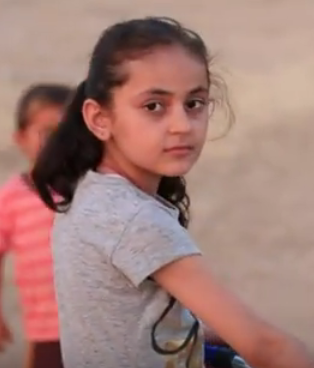
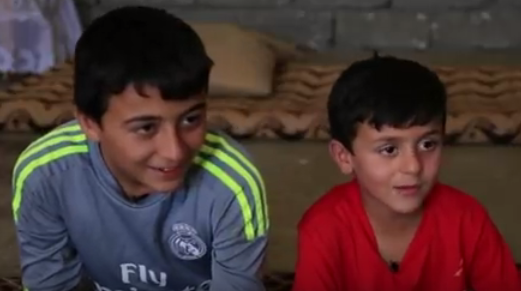
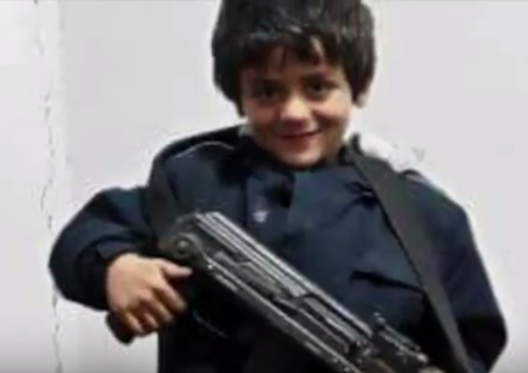
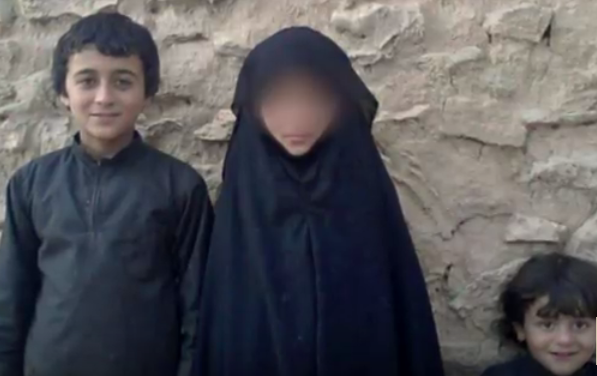
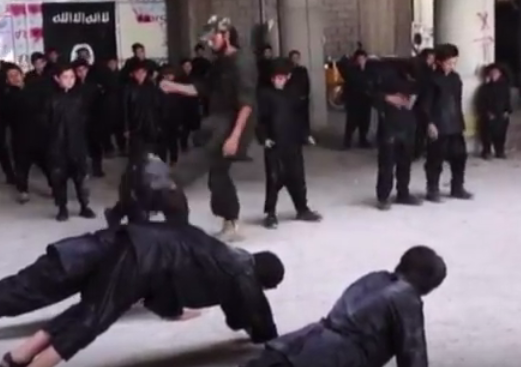
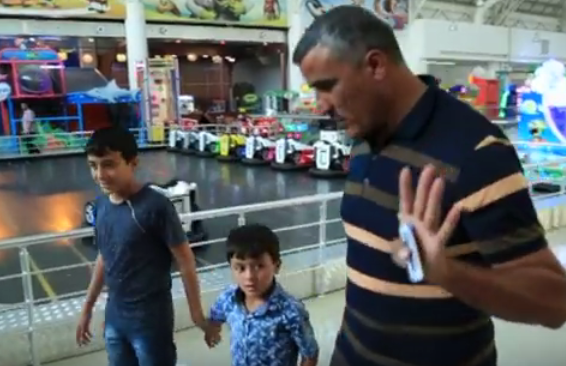
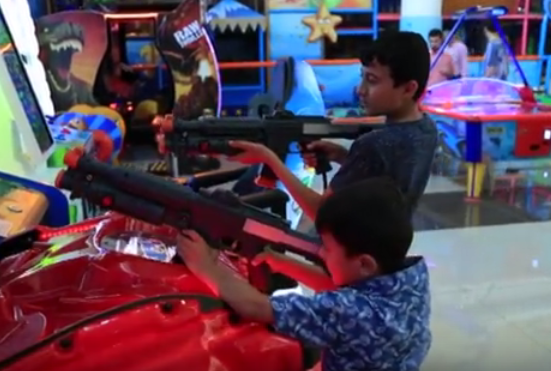
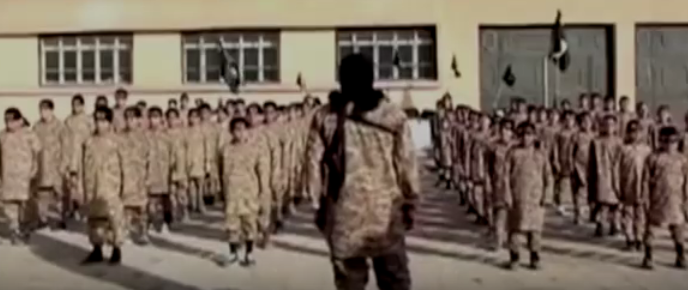
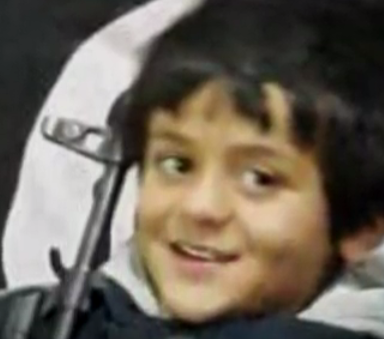

.png)










